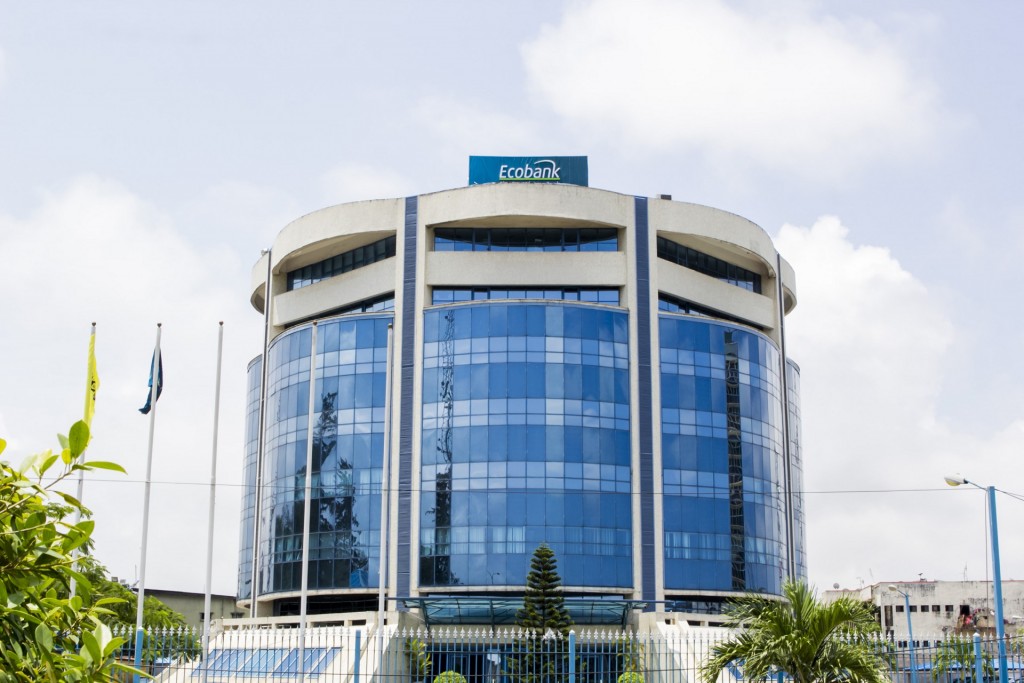Ecobank and the International Federation of Red Cross and Red Crescent Societies have signed an agreement to work closely together to empower local communities to cope with disasters more efficiently.
The Regional Executive, Central, Eastern and Southern Africa and Ecobank Kenya’s Managing Director, Sa Adjei, said the growing gap between funds needed by humanitarian groups and funds available to them has become a major cause of communities’ vulnerability to disasters.
“Ecobank will leverage its innovative technology to fundraise across Africa in an effort to mobilise capital to help narrow the funding gap. Through our Ecobank Mobile App, we will be able to support the Red Cross and Red Crescent’s domestic fundraising efforts,” he said.
A first project is already being rolled out in Ghana where Ecobank is launching a digital public fundraising campaign. A unique QR code (a type of bar code used to access information through your mobile phone) has been created and displayed in branches, making donating easy and immediate.
“Transforming Africa is the principle on which Ecobank has built its business,” added Sam Adjei. “Today, we are present in 33 countries across the continent. That scale is what creates impact and determines how well we take our continent to the next level in a sustainable way.”
Training will be another key pillar of the partnership, as IFRC will work with the Ecobank Academy, a pan-African corporate university based in Lomé, Togo. IFRC’s staff members will participate in a number of customised programmes to enhance their management skills.
As part of the agreement Ecobank employees will also be given the opportunity to attend First Aid training sessions, enabling them to save lives during every day emergencies and disasters. Ecobank Tanzania will be the first Ecobank affiliate to roll out a first aid training course for its staff.
Speaking on the agreement, IFRC Regional Director for Africa, Dr. Fatoumata Nafo-Traore, said any innocent lives continue to be lost in Africa simply as a result of insufficient investment in disaster preparedness. “Supporting Africa’s most vulnerable by investing in local humanitarian organisations is not only cost-effective but it also ensures long-term and sustainable results. Local humanitarian actors make a difference every day in their own communities. They respond to crises quickly, providing assistance that is culturally appropriate,” said Dr Nafo-Traoré.

 Entertainment6 days ago
Entertainment6 days ago
 Health1 week ago
Health1 week ago
 Health4 days ago
Health4 days ago
 Football1 week ago
Football1 week ago
 Football1 week ago
Football1 week ago
 Crime5 days ago
Crime5 days ago
 Education6 days ago
Education6 days ago
 Health6 days ago
Health6 days ago

